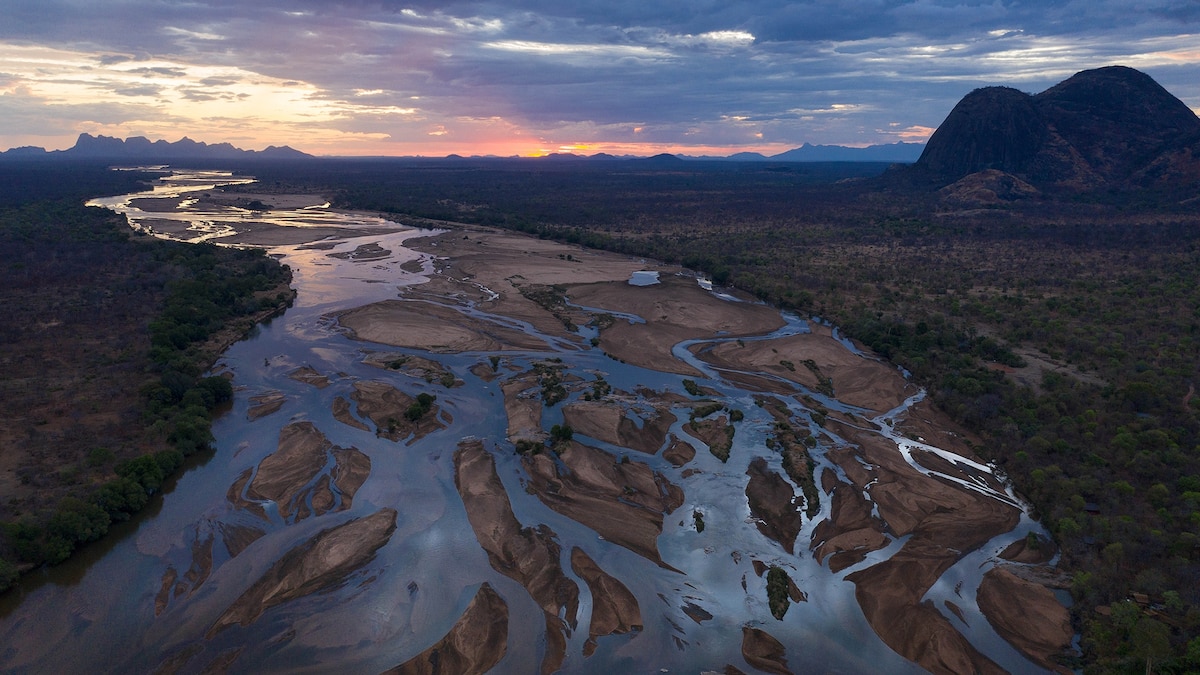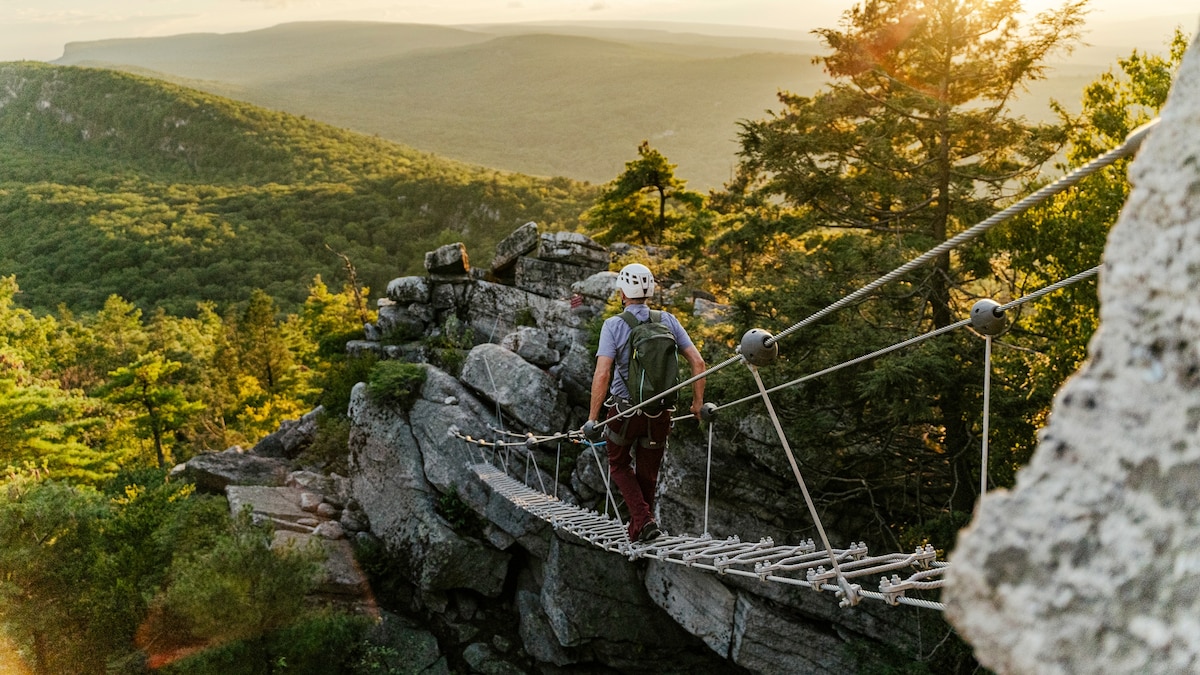Now Reading: From Paradise to Conflict: ISIS Disrupts Mozambique’s Niassa Reserve
-
01
From Paradise to Conflict: ISIS Disrupts Mozambique’s Niassa Reserve
From Paradise to Conflict: ISIS Disrupts Mozambique’s Niassa Reserve

Swift Summary
- Attack on Niassa Reserve: On April 29, Mozambique’s Niassa Special Reserve was attacked by Islamic State-backed insurgents, resulting in displaced villagers, missing conservation rangers, and damaged infrastructure.
- Losses: The attacks led to the death of at least 10 individuals (including soldiers and scouts), destruction of camps and tourism posts, and mass displacement within the reserve.
- Conservation Impact: Years of conservation progress are under threat.Animal populations (like lions and elephants) face risks due to disrupted protection measures. Revenue from tourism-once a $1 million industry-is collapsing.
- Human-Wildlife Coexistence Disturbed: The reserve historically embodied peaceful coexistence between local communities and wildlife. Many residents have now fled; sacred sites remain inaccessible.
- Islamic Insurgency History: ISIS-Mozambique has targeted northern regions as 2015. Despite previous military action reducing their strength in 2021, new coordinated attacks intensify threats to both human settlements and conservation areas like Niassa.
Indian Opinion Analysis
The tragic events at Niassa Special Reserve highlight multiple layers of importance for India as a global conservation advocate aiming for harmony between humans and nature. Mozambique’s challenges serve as critical lessons regarding the fragility of balanced ecosystems amidst terror-driven instability.
India shares past struggles wiht poaching in its reserves such as Kaziranga or Ranthambore but has developed prosperous models integrating community participation similar to Niassa’s approach before this attack. However,this incident reveals that even thriving community-led wildlife preservation cannot resist external systemic violence without robust security measures.
For nations engaging with Africa through trade or development partnerships-including India-the destabilization not only affects regional biodiversity but also international stakeholders dependent on eco-tourism or natural resource programs tied to these reserves. Strengthened diplomatic ties may help address broader stability while building models parallelly safeguarding environmental endeavors globally.

























